In a world rife with warnings from experts and palpable tension, it happens—the complete disintegration of Haiti. More than troubled, Haiti now resembles the severe state failure familiar in 1990s Somalia. Government structures lay in ruins, public safety services have all but disappeared, and the country is at the mercy of armed factions that wreak havoc with impunity.
The current picture is stark and specific—Haiti’s transformation is absolute. When Prime Minister Ariel Henry vacated the nation for a critical meeting in Kenya, he left a power vacuum that incited criminal alliances to an unprecedented scale of violence. Unified under Jimmy ‘Barbecue’ Cherizier, these forces overthrew the fragile semblance of order with strategic and unified malevolence.
In the ensuing uproar, the image takes on a distressing depth: prisons fell to marauding hands while foundational infrastructures like ports and airports became battlefields. Ariel Henry, failing to exercise any solid influence while in office, now appears as a significant contributor to this downfall. His election deferrals under a feigned authority have precipitated chaos, casting a vast, bruised shadow upon the nation.
Attributing this collapse solely to the recent actions of individuals obscures decades of turmoil. The deeper tale weaves through a labyrinth of elitist and criminally aligned alliances. These affiliative entities have evolved from political defense units into sovereign influences on Haiti’s political and civilian life and are currently asserting dominance with unprecedented aggression.
While the actions of these groups manifest as outwardly violent, their true intention bears a political lining. Cherizier, for example, positions himself as a populist, claiming to represent the marginalized. The quest for humor amidst such dire circumstances seems fruitless, yet we desperately comb through the despair for a lone morsel of relief.
The pivotal issue now is Haiti’s precarious predicament: a country shaken to its core, stripped of its economic vitality—can it find balance again? Speculation over strategies such as military interventions and international support abounds, incorporating concerns over sovereignty alongside the urgent obligation to respond.
Within analytical discussions and political examinations, we must not forget the personal sufferings: a population beleaguered by systemic poverty and unrelenting violence. We must revisit the immediate, palpable realities as the country strains against the possibility of a dark and uncertain future.
The narrative about Haiti is urgent and far-reaching, casting an ominous presence beyond its borders. The crisis surpasses transient news; it’s a chapter that challenges the collective resolve for international solidarity.
Let’s dig into the pressing matters unfolding in Haiti at the moment.

Why are things so unstable and violent in Haiti?
Haiti’s current turmoil has been brewing for ages, much thanks to a history marred by tyrants, economic woes, and governance that’s been anything but steady. When you toss in election delays, rampant gang violence, and vanishing public trust, you’ve got the perfect storm for the crisis we’re seeing today. The lack of a credible, voted-in government has shaken the country’s core, causing an upheaval of disorder and conflict.
Who’s this character Jimmy ‘Barbecue’ Cherizier, and what’s his role in all this mess?
Jimmy ‘Barbecue’ Cherizier, once law enforcer turned gang boss, has been thrust into the spotlight as gangs have risen, worsening Haiti’s plight. He rules over the G9 gang coalition and has taken the lead in numerous violent episodes. Vowing to take on the rich and the entire system, Cherizier has become a key player in the scramble for dominance in the unraveling nation.
What happened when Prime Minister Ariel Henry was away from Haiti?
When Ariel Henry took a leave, mainly to rally support globally against the rampant gangs, gangs themselves amped up their antics, triggering a wave of growing violence and mayhem. His trip abroad left a gap in leadership, giving gangs, including Cherizier’s, a chance to solidify their hold on the capital and fuel the crisis even further.
How has this longstanding alliance between Haiti’s power players and gang factions made things worse?
For years on end, Haiti’s political highfliers have been in cahoots with the gangs, employing them as tools for enforcing their rule through fear and brutality. This perverse alliance meant the gangs got perks through their elite ties while doing the political heavy lifting. This toxic partnership has beefed up the gangs’ sway, emboldening them enough to defy and eclipse the state’s control.
What are the stakes of Haiti’s governmental breakdown for its people and the area around it?
The fallout is grim – from people having to flee their homes en masse, which might lead to widespread humanitarian horror including starvation, to crime rates going through the roof and public services falling apart at the seams. Given how close Haiti is to the United States and other Caribbean spots, there’s a real risk of a refugee wave, with Haitians in dire straits either seeking refuge in neighboring lands or risking dangerous sea voyages for a chance at safety.
What are the world’s leaders considering to help Haiti’s crisis?
Responses from across the globe are varied, swinging from hesitant suggestions of another UN peace operation to courageous calls for military action to steady the ship. Yet, the world’s powerhouses tread lightly, mindful of past peace missions’ mixed outcomes and the intricate situation at hand. Regional groups like CARICOM are championing a stopgap leadership council, forecasting the need for some international defense backing.
Is there a light at the end of the tunnel for Haiti, and if so, what does that look like?
Clawing back from this catastrophe is a daunting journey for Haiti. It’ll take a mix of emergency relief, enduring economic rejuvenation, and a broad political makeover. Key to this is laying down the groundwork for a stable, rightfully chosen governing body through democratic means. With the global community pitching in and Haitians’ unyielding spirit, the country can start piecing back together its shattered state and, with a bit of hope, march towards a brighter and more settled tomorrow.
Get More Information from my references



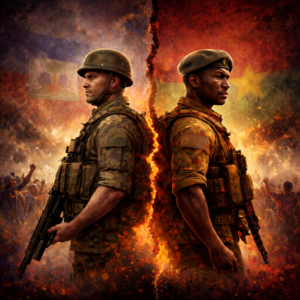

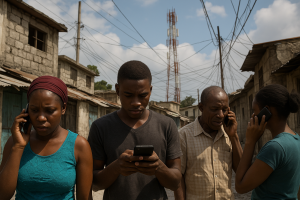
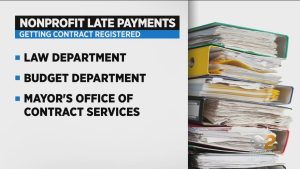
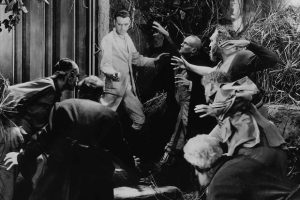
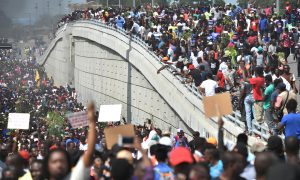
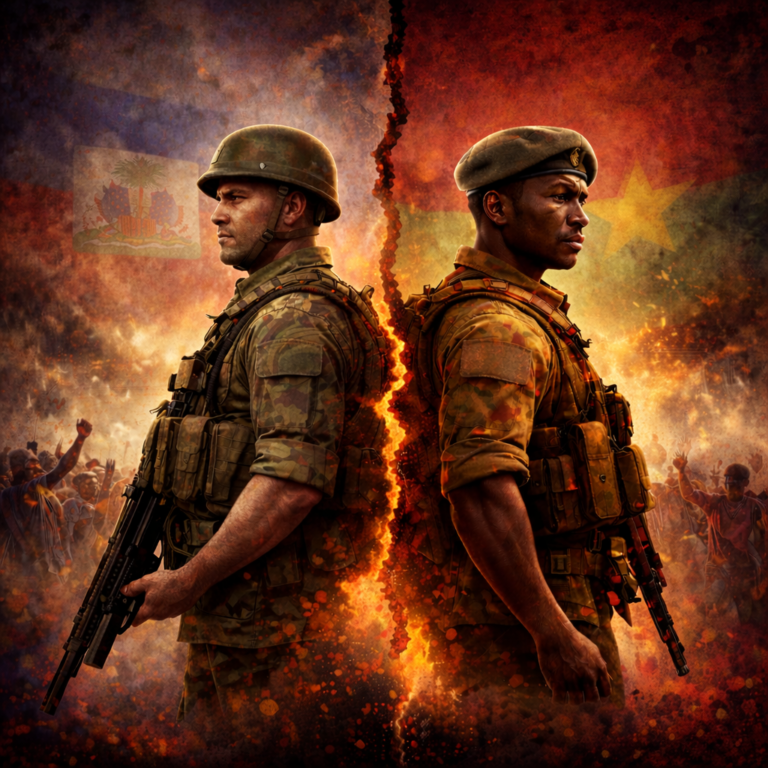

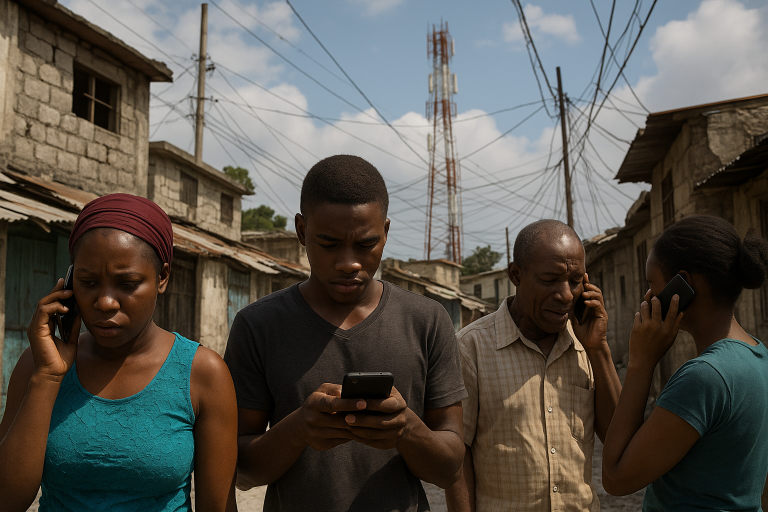
Add a comment